Asia/Pacific Group on Money Laundering
The Asia/Pacific Group on Money Laundering (APG) is a FATF style regional inter-governmental (international) body, the members of which are committed to implement international standards against money laundering (AML), the financing of terrorism (CTF) and financing the proliferation of weapons of mass destruction. APG was founded in 1997 in Bangkok, Thailand, and currently consists of 41 member jurisdictions in the Asia-Pacific region and a number of observer jurisdictions and international/regional observer organisations.
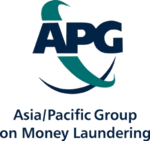 | |
| Abbreviation | APG |
|---|---|
| Formation | 1997 |
| Type | Intergovernmental organisation |
| Purpose | Combat money laundering and terrorism financing |
| Location |
|
Region served | Asia/Pacific |
Membership | 41 jurisdictions |
Official language | English |
Co-Chairs | Deputy Commissioner Ian McCartney and Mr Marzunisham Omar |
| Website | http://www.apgml.org |
APG has two Co-Chairs: one permanent and one two-year term rotating Co-Chair. The permanent Co-Chair is Australia, represented by Deputy Commissioner Ian McCartney, Australian Federal Police, and the current rotating Co-Chair is Malaysia, represented by Mr. Marzunisham Omar, Deputy Governor of the Central Bank of Malaysia .
Jurisdictions that join the APG, either as members or as observers, commit to the Recommendations of the Financial Action Task Force (FATF). These standards were substantially updated in 2012 and were supplemented by a complex assessment methodology in 2013 which forms the benchmark for mutual evaluations.
Role
APG has a number of roles as set out in its strategic plan, including:
- assessing APG members' compliance with the international anti-money laundering/combating the financing of terrorism (AML/CFT) standards through a programme of mutual evaluations;
- supporting implementation of the international AML/CFT standards, including coordinating multi-lateral and bi-lateral technical assistance and training with donor countries and agencies;
- conducting research and analysis into money laundering and terrorist financing trends and methods;
- participating in, and co-operating with, the international AML/CFT network and contributing to global policy development of the standards through associate membership in the FATF; and
- engaging with the private sector to raise awareness in the region on AML/CFT issues. Private sector engagement includes interacting with financial and non-financial institutions, academia and the media.
The APG conducts mutual evaluations of its members to determine whether they comply, or to what extent they comply, with their obligations to implement the global anti-money laundering and anti-terrorist financing standards. Some of these reports are conducted jointly with other AML/CFT bodies such as the FATF, the International Monetary Fund, the World Bank and the Group of International Financial Centre Supervisors. The final reports are considered at the APG annual meeting each year and upon completion of that examination are adopted then published on the APG website in accordance with internal policy.
The APG also has an extensive technical assistance and training function in the region. The APG was the first FATF-style regional body to have formal institutionalised processes for technical assistance and training relating to AML/CFT issues. Each year a number of activities are conducted in the region to assess technical and training needs of APG members after which the secretariat coordinates assistance from multi-lateral and bi-lateral donors. The APG, jointly with the World Bank, developed a "Strategic Implementation Planning Framework" to assist APG members to prioritise and implement the recommendations made in APG mutual evaluation reports.
The APG also has a multi-year technical assistance programme for Pacific countries and jurisdictions funded solely by the government of New Zealand. The programme involves intensive assistance and training in legal drafting, law enforcement training and capacity building, and enhancement of financial and non-financial sector AML/CFT supervision.
The APG's typologies work programme examines trends in money laundering and terrorist financing in the Asia-Pacific region. Typologies reports are published on the APG website and provide case studies from APG members which in turn assist policy makers and law enforcement agencies in understanding how to target resources to prevent these crimes both at the domestic and the international level. Some of the reports published by the APG include money laundering trends in the gambling and casino sector; the risks of money laundering and terrorist financing through alternative remittance systems and underground banking; trade-based money laundering; and money laundering risks associated with gold. Recent projects include examinations of terrorist financing through social media, and money laundering and terrorist financing through human trafficking and human smuggling.
APG Secretariat
The APG Secretariat is located in Sydney, Australia. The Secretariat is organised in accordance with the primary work streams of the organisation, namely mutual evaluations, technical assistance, associate membership programmes within the global AML/CFT network, and typologies research. The Executive Secretary is Dr Gordon Hook, a lawyer who has practiced in private and public law in both Canada and New Zealand before appointment in the APG. He has an LLB from Dalhousie University (Canada) and a PhD in law from Victoria University of Wellington (New Zealand). Dr Hook has published widely in law journals and books.
APG members
Under APG's Terms of Reference (updated in 2012) membership is available for jurisdictions with a presence in the Asia-Pacific region who commit to the policy objectives of the organisation including undergoing a mutual evaluation (peer review) to determine the level of compliance of the member with the international standards against money laundering and terrorist financing.
As at August 2019, there were 41 member jurisdictions of APG, as follows:
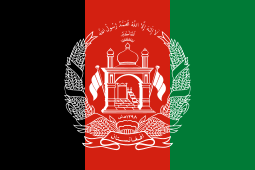
.svg.png)

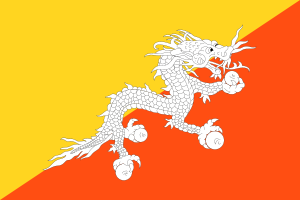
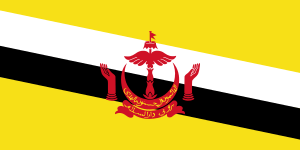
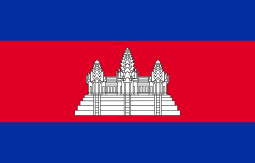
.svg.png)

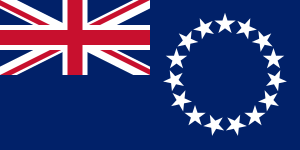
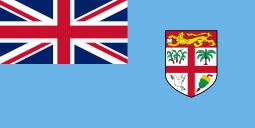





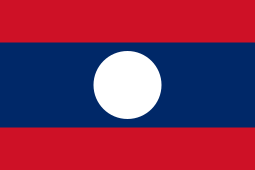
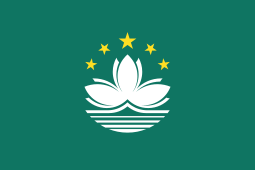


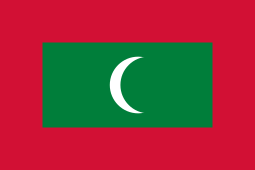
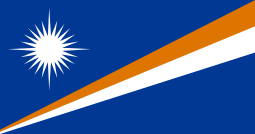

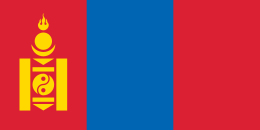

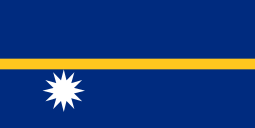



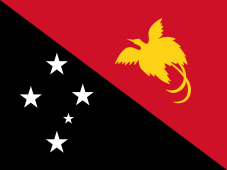

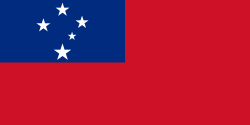

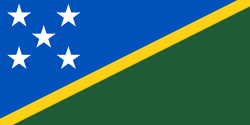






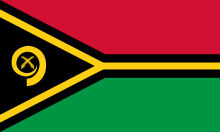

Of these, 12 are also members of the FATF, namely: Australia; Canada; India; People's Republic of China; Hong Kong, China; Indonesia; Japan; the Republic of Korea; Malaysia; New Zealand; Singapore; and the United States of America.
There are now very few jurisdictions in the Asia-Pacific region that do not participate with the APG as members or observers (including some independent jurisdictions in the Pacific region such as Northern Marianas Islands). French Polynesia and New Caledonia as well as the Wallis and Futuna Islands are dependencies of France and included within the French AML/CFT system - France is an active APG observer jurisdiction.
The APG is an associate member of the Financial Action Task Force which enables individual APG member-delegates to attend FATF meetings as APG delegates and intervene on policy and operational issues. The APG also conducts joint meetings with the FATF and other FATF regional bodies.
APG observers
Observer status is available to any jurisdiction in the Asia-Pacific region interested in becoming a member or any other jurisdiction which supports the goals and work of the APG. International organisations which support the work of the APG may also join as supporting observers.
APG observers include jurisdictions and organisations that cooperate with the APG to support regional efforts to implement the international standards for AML/CFT. Of the observer jurisdictions, some are "supporting observers" (including France, Germany, the Russian Federation and the UK) which are not considering APG membership - they are members of either the FATF or a FATF-style regional body (or both). Others are candidates for membership, having an Asia-Pacific presence.
The following jurisdictions are APG observers:
- Democratic People's Republic of Korea
- France
- Germany
- Kiribati
- Federated States of Micronesia
- Russian Federation
- Tuvalu
- United Kingdom
The following international and regional organisations are observers in the APG:
- Alliance for Finance Inclusion (AFI)
- Asset Recovery Interagency Network Asia Pacific (ARIN-AP)
- Asia Pacific Economic Cooperation (APEC) Secretariat
- Asian Development Bank (ADB)
- ADB/OECD Anti-Corruption Initiative for Asia/Pacific
- Association of South East Asian Nations (ASEAN) (Secretariat)
- Caribbean Financial Action Task Force (CFATF)
- Committee of Experts on the Evaluation of Anti-Money Laundering Measures (Moneyval)
- Commonwealth Secretariat
- Eastern and Southern Africa Anti-Money Laundering Group (ESAAMLG)
- Egmont Group of Financial Intelligence Units (Egmont)
- Eurasian Group (EAG)
- European Commission
- Financial Action Task Force (FATF)
- Financial Services Volunteer Corps (FSVC)
- Groupe d'Action contre le Blanchiment d'Argent en Afrique Centrale (GABAC)
- Grupo de Acción Financiera de Latinoamérica (GAFILAT) (formerly GAFISUD)
- Inter-Governmental Action Group against Money Laundering in West Africa |Groupe Inter-Gouvernemental d’Action Contre le Blanchiment de l'Argent en Afrique (GIABA)
- Group of International Finance Centre Supervisors (GIFCS)
- International Monetary Fund (IMF)
- Interpol
- Islamic Development Bank (IsDB)
- Middle East & North Africa FATF (MENAFATF)
- Oceania Customs Organisation (OCO)
- Pacific Financial Technical Assistance Centre (PFTAC)
- Pacific Islands Chiefs of Police (PICP)
- Pacific Islands Forum Secretariat (PIFS)
- Pacific Islands Law Officers' Network (PILON)
- United Nations
- United Nations Office on Drugs and Crime (UNODC)
- World Bank
- World Customs Organization (WCO)